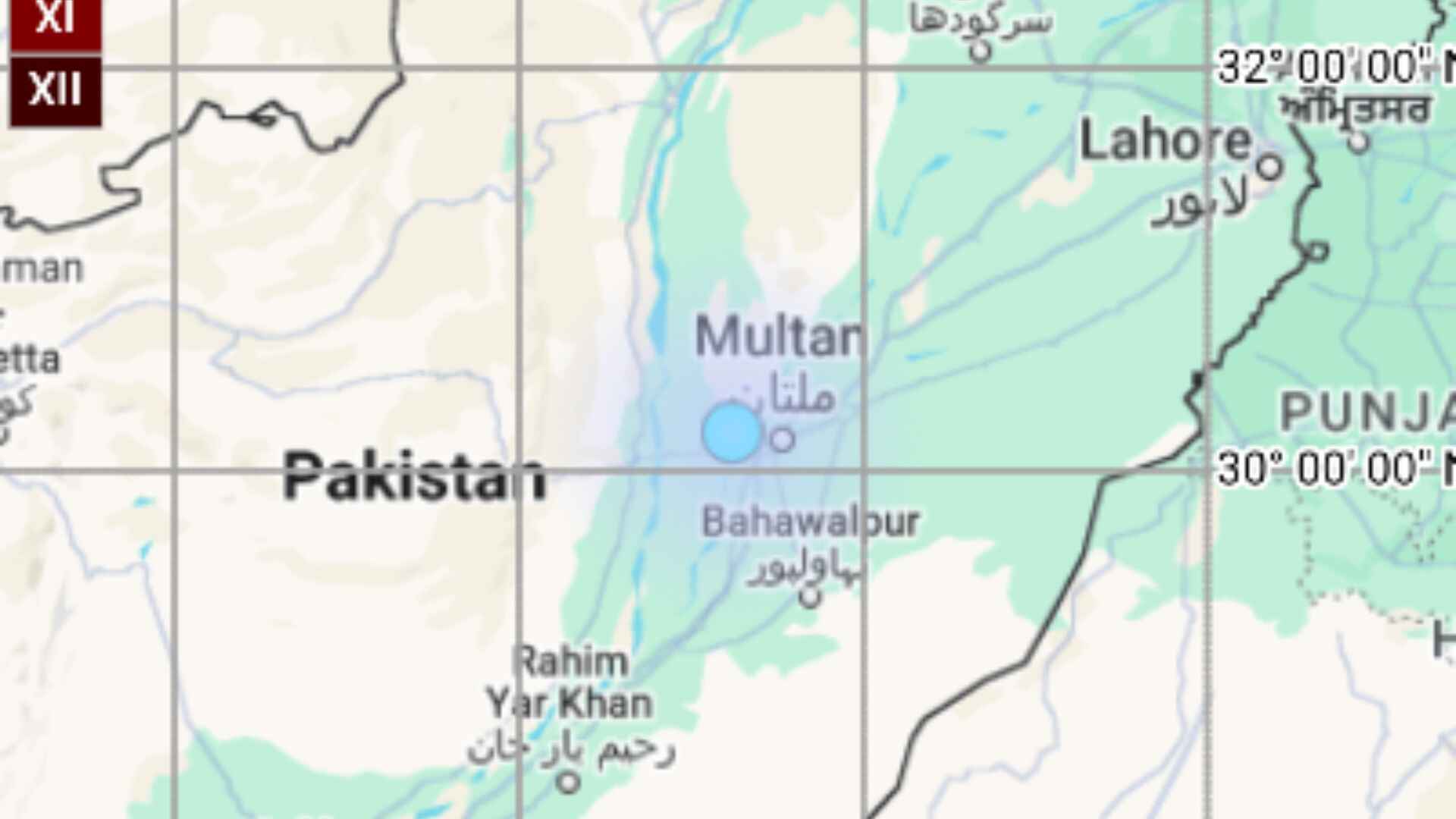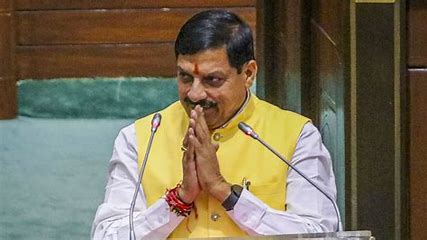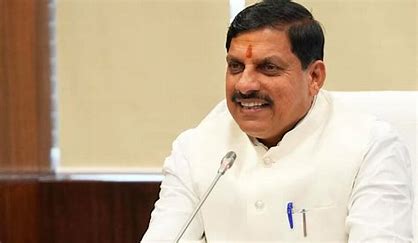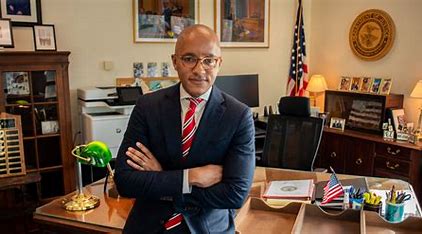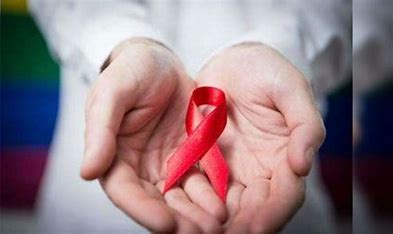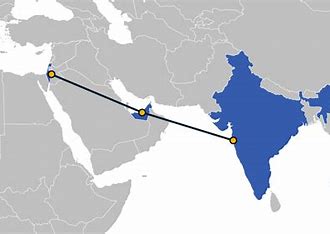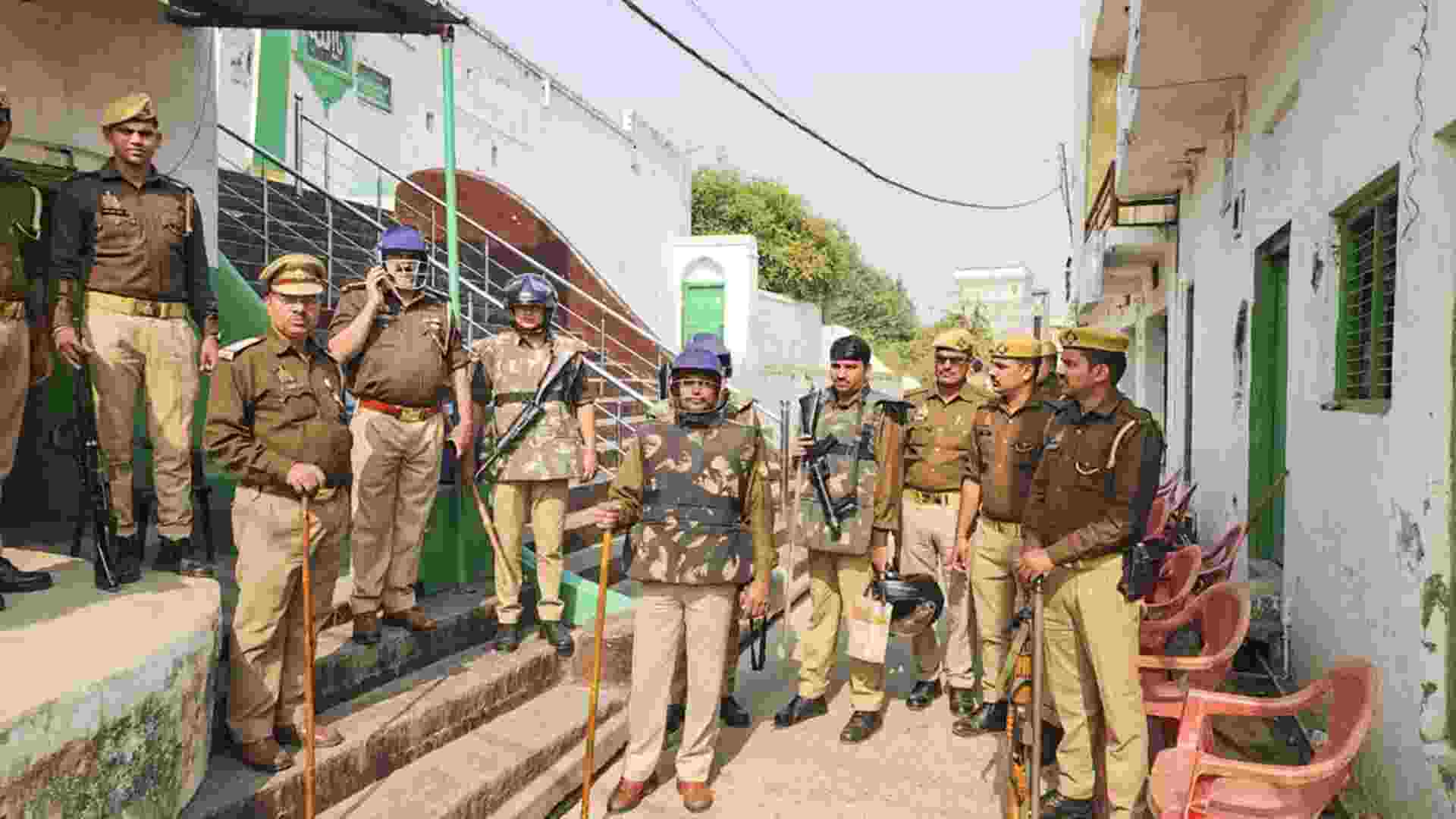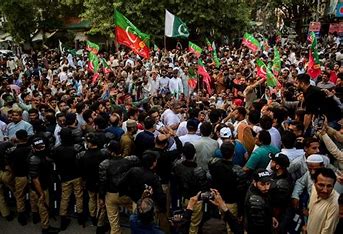
Islamabad witnessed a massive influx of Pakistanis marching towards the capital on the call of the Pakistan Tehreek-e-Insaf (PTI), the party led by jailed former Prime Minister Imran Khan. Thousands of supporters, chanting slogans for justice and democracy, peacefully rallied for change despite significant hurdles.
The protest, branded as a “final call,” revolves around three main demands:
Originally planned for November 24, the protest was delayed as convoys paused to regroup. Participants endured arrests, baton charges, and tear gas while making their way to the federal capital. The Islamabad High Court (IHC) had previously declared the protest unlawful, instructing authorities to ensure law and order while minimizing public disruption.
Prominent PTI figures, including Imran Khan’s sisters Aleema Khan and Uzma Khan, arrived in Islamabad, joining the swelling crowd of supporters. On Monday, Imran Khan’s wife, Bushra Bibi, called for her husband’s immediate release, asserting that the march would continue until justice is served.
Amid heightened tensions, the Punjab government extended Section 144 restrictions for three days, while Islamabad authorities closed educational institutions to maintain control. Despite these measures, PTI supporters remained undeterred, standing firm for their cause.
As Imran Khan remains detained for over 470 days, PTI’s nationwide protests symbolize a rallying cry for justice, democracy, and an end to what the party describes as “a fascist reign of terror.” With the federal capital witnessing historic demonstrations, the world watches Pakistan’s political upheaval unfold.
